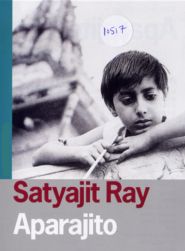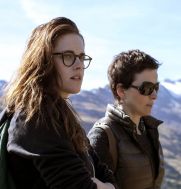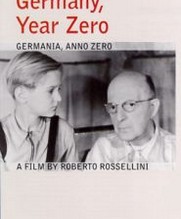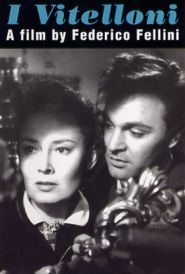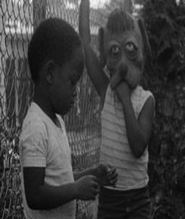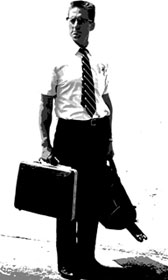At the peak of her international career, Maria Enders is asked to perform in a revival of the play that made her famous twenty years ago. But back then she played the role of Sigrid, an alluring young girl who disarms and eventually drives her boss Helena to suicide. Now she is being asked to step into the other role, that of the older Helena. She departs with her assistant to rehearse in Sils Maria; a remote region of the Alps. A young Hollywood starlet with a penchant for scandal is to take find out more...
Edmund is a young Berliner, attempting to survive and make some sense of a world set in the remnants of a post-WWII Germany. Their are few voices that exude assured confidence in Edmund's life but his Nazi teacher is one such man and the consequences of his impassioned doctrine on the impressionable lad have horrific and tragic consequences. Germany Year Zero is a powerful and haunting drama, understated and all the more mesmerising for it observation of ordinary men's capacity for simplistic find out more...


